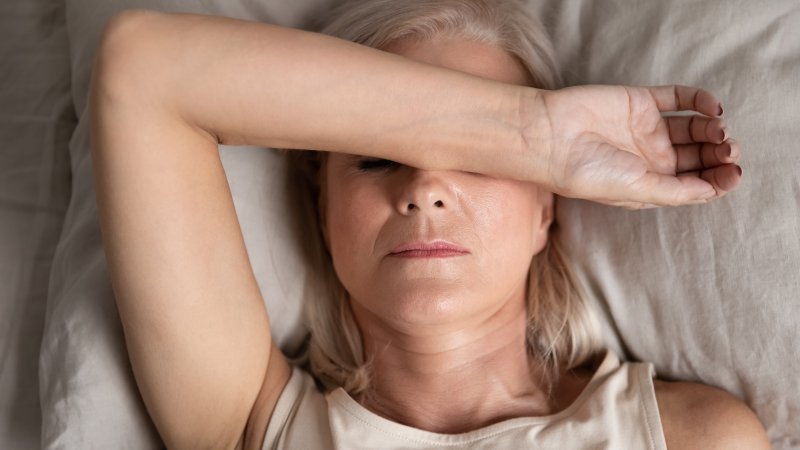
Virtually everyone – about 94 percent of people around the world – has intrusive, unwanted thoughts that they just can’t keep away. However, some people experience them more often than others. The explanation could lie in any number of conditions, but in many cases, a large part of the issue has to do with how much sleep they get; those who suffer from sleep deprivation due to sleep apnea or other disorders will have a harder time putting unpleasant memories or fears out of their minds. In this post, you’ll find out more about how a lack of sleep can affect your mental health and why you should have disorders like sleep apnea treated immediately.
How Sleep Deprivation Can Lead to Unwanted Thoughts
In October of 2020, Neuroscience News published an article about a study performed by the University of New York. The researchers were testing the ability of participants to suppress their unpleasant, unwanted thoughts while under the effects of sleep deprivation. According to the findings, the sleep deprived participants saw a nearly 50% increase of intrusive thoughts compared to those who got plenty of sleep. This strongly suggests that an individual’s ability to control their thoughts is tied to the amount of rest they get.
The impact of sleep loss on mental health can be particularly strong for those who already have post-traumatic stress disorder, depression, and schizophrenia. All of these conditions are closely associated with unwanted thoughts, and a lack of sleep can make such symptoms even worse.
Even worse, there’s the potential for a vicious cycle. Unpleasant thoughts and emotional disturbances can very easily make sleep disorders even worse by preventing you from falling asleep. In other words, your unwanted thoughts will become an active obstacle in getting the rest you need to get said unwanted thoughts under control.
What Can You Do About Sleep Deprivation?
If you suspect that you’re not getting enough sleep, then you’ll need to take immediate steps to correct the issue. One possible solution, obviously, is to make sure you’re allowing enough time for about 7 to 9 hours of sleep per night. Unfortunately, if you have a disorder like sleep apnea, simply going to bed at an earlier hour won’t completely solve the problem. You’ll need to see a professional who can diagnose the disorder and prescribe an appropriate form of treatment. For example, sleep apnea often requires the use of an oral appliance to keep the airways open; that way the body won’t be constantly forced awake due to interrupted breathing.
You should never let obtrusive thoughts control your life, and the same goes for sleep disorders. Take action right away as soon as you realize you’re experiencing sleep deprivation; it’s your best chance of protecting your mental and overall health.
About the Author
Dr. Pamela West specializes in dental sleep medicine. She enjoys being able to help patients improve their health and overall wellbeing by treating their sleep apnea. She studied sleep medicine at the prestigious Las Vegas Institute and is part of the American Academy of Sleep Medicine. To schedule a sleep consultation with her at iSleep Solutions, visit her website or call (702) 844-6226.
